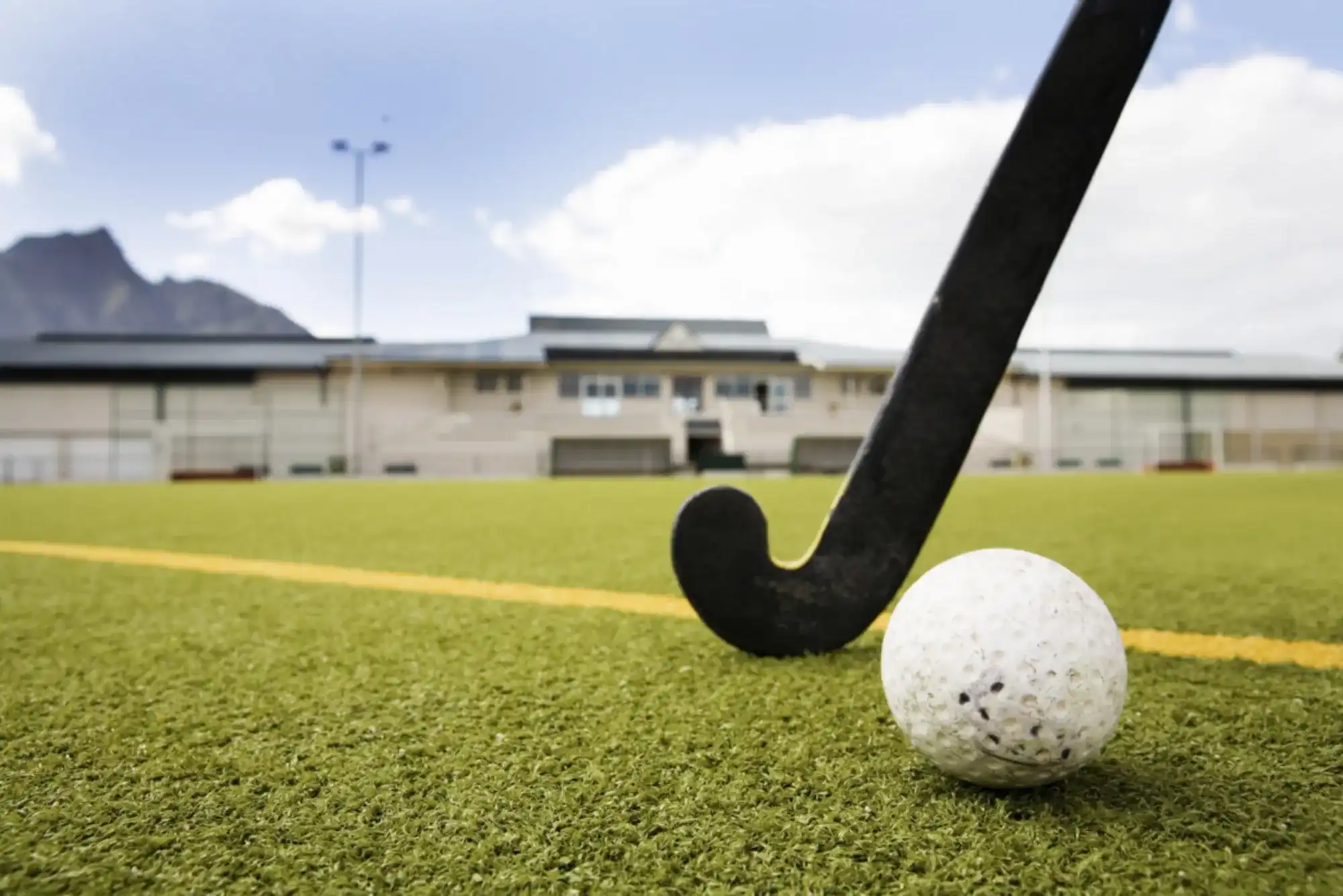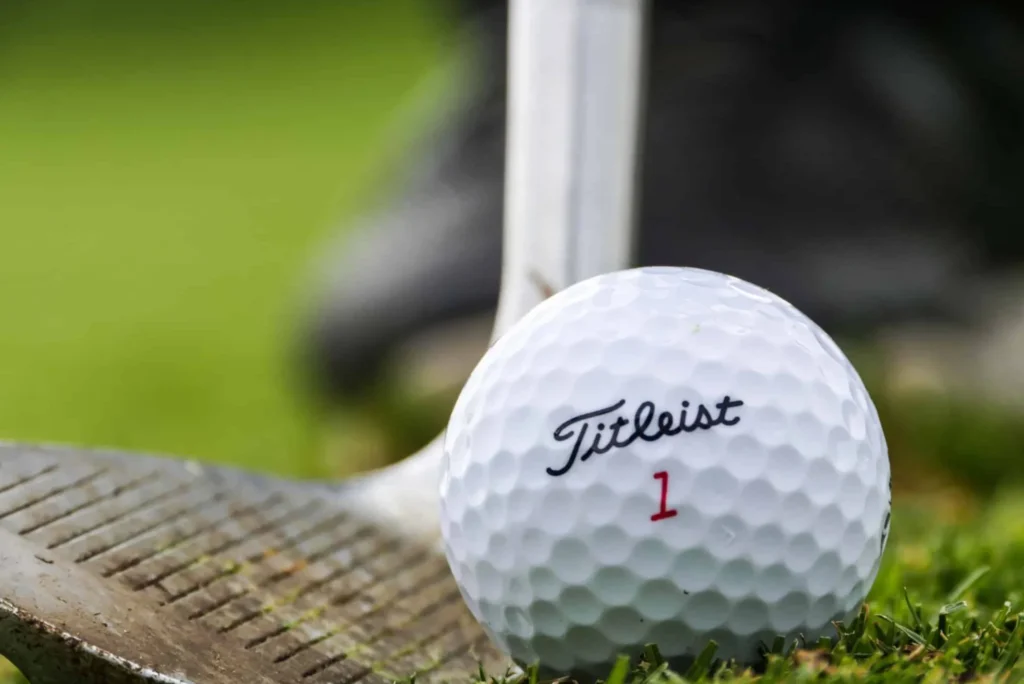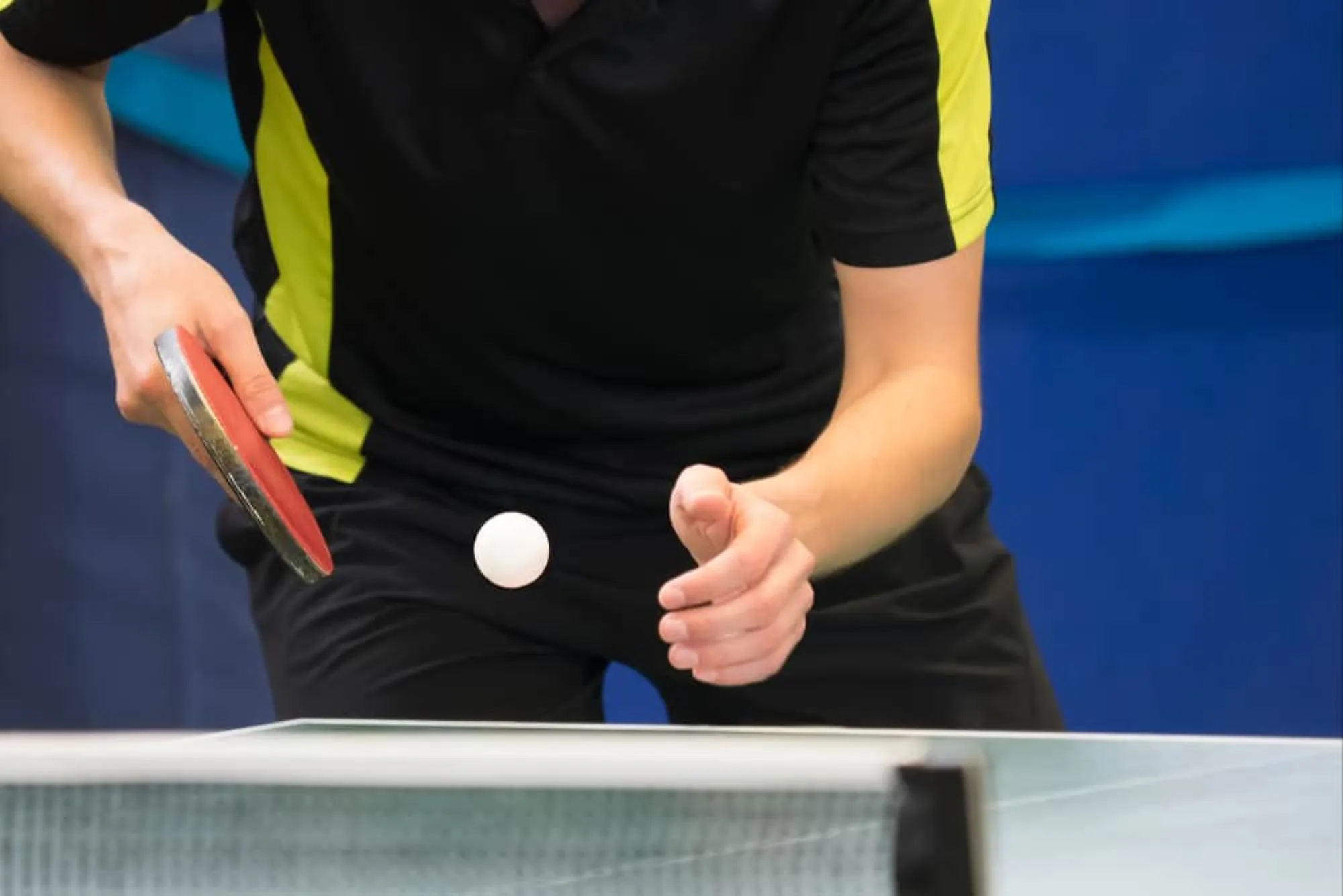When it comes to sports, the weight of the ball can significantly impact how the game is played. Some sports require heavier balls for precision and power, while others use lighter balls for speed and agility. This article explores various sports that use light balls and identifies which one is the lightest.
Understanding Ball Weight in Sports

The weight of a ball in any sport affects how it moves, how players interact with it, and the dynamics of the game. Lightweight balls are generally used in sports where quick reflexes, hand-eye coordination, and fine control are prioritized. Let’s examine some of the lightest balls used in popular sports.
Table Tennis
The Contender for the Lightest Ball
Ball Weight: 2.7 grams
Ball Material: Celluloid or plastic
Ball Size: 40 mm in diameter
Table tennis, also known as ping pong, uses one of the lightest balls in sports. The lightweight ball is designed to move swiftly across the table, reacting to even the slightest spin or flick. Due to its light weight, players can easily apply various spins and speeds, making table tennis a sport that emphasizes precision and technique.
Badminton
A Sport with a Featherlight Shuttlecock
Weight of Shuttlecock: 4.74 to 5.50 grams
Material: Feather or synthetic
Structure: Cork base with feathers or nylon skirt
Although technically not a ball, the shuttlecock used in badminton is incredibly light. Its unique shape and feather construction allow it to glide through the air slowly but with precise trajectory control. Unlike other balls, the shuttlecock is affected by airflow and drag, creating a slow yet dynamic game that requires agility and fast reflexes.
Squash
Lightweight Yet High-Intensity
Ball Weight: 23 to 25 grams
Ball Material: Rubber
Ball Size: Approximately 40 mm
Squash balls, while heavier than table tennis balls, are still among the lighter ones used in sports. Squash is an intense sport that involves hitting a rubber ball in a confined space, often at high speeds. The relatively light weight allows for quick rebounds and high-speed volleys that demand endurance and reflexive movements from players.
Pickleball
A New Contender in Lightweight Ball Sports
Ball Weight: 22 to 26 grams
Ball Material: Plastic
Ball Size: 74 mm diameter
Pickleball has gained popularity due to its easy-to-learn style and accessible equipment. The lightweight, perforated plastic ball is essential to the game’s slower pace compared to tennis, allowing players of all ages to engage. The ball’s weight allows it to be easily controlled and manipulated during play.
Tennis
A Classic Sport with Moderate Ball Weight
Ball Weight: 56 to 59.4 grams
Ball Material: Pressurized rubber covered with felt
Ball Size: 67 to 68 mm diameter
Although tennis balls are heavier than many other balls listed here, they are still relatively light, especially when considering the force and distance required to play the sport. The ball’s weight and bounce are crucial for long rallies and fast-paced serves, combining both power and control in a game that requires both endurance and precision.
Golf
Precision with a Lightweight Ball
Ball Weight: 45.93 grams (maximum legal weight)
Ball Material: Multiple materials, including rubber core and plastic cover
Ball Size: Approximately 42.67 mm diameter
Golf balls are relatively light to ensure they can travel long distances when struck. The lightweight design allows skilled players to control spin, distance, and trajectory, all of which are essential to golf’s precision-based gameplay.
Which Sport Has the Lightest Ball?

After examining several sports, it is clear that table tennis uses the lightest ball among them, with a standard weight of just 2.7 grams. This makes it significantly lighter than other sports balls, including squash and pickleball. The lightweight nature of the table tennis ball allows it to achieve rapid speeds and requires players to have highly refined reflexes and control.
Why Lightweight Balls Matter in Sports
The weight of the ball plays a crucial role in a sport’s gameplay, influencing factors such as speed, control, and required skill level. Lightweight balls are typically found in sports that emphasize agility, hand-eye coordination, and precision, like table tennis and badminton. These sports often require players to engage quickly and respond to unpredictable ball movements.
Understanding the different weights and types of balls used in sports highlights the varied skills and techniques required by each. With table tennis taking the lead for the lightest ball, players need rapid reflexes and high precision to excel in this fast-paced game. Whether you’re a sports enthusiast or a casual player, knowing these details can give you a deeper appreciation of the dynamics involved in each sport.











